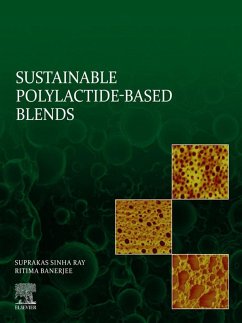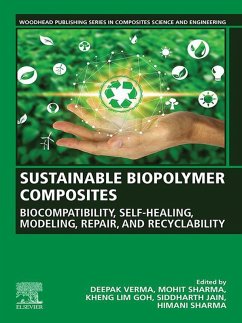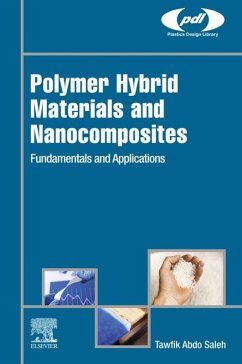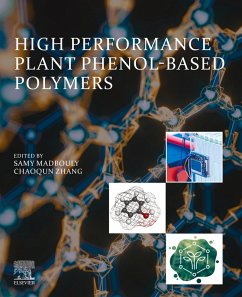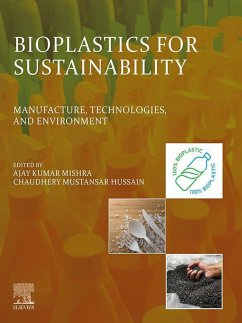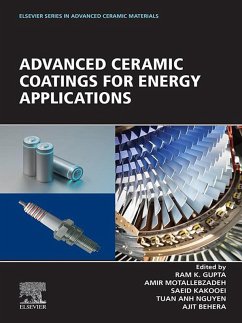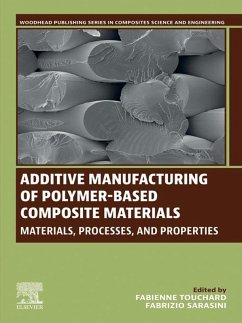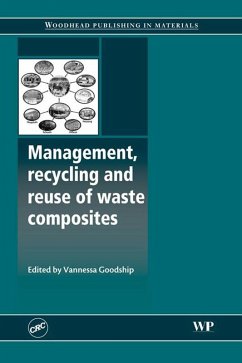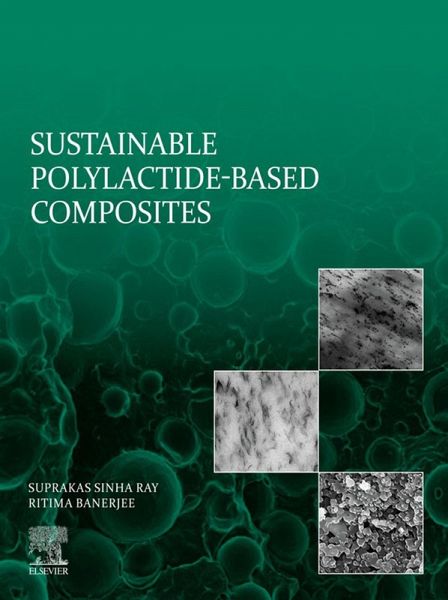
Sustainable Polylactide-Based Composites (eBook, ePUB)

PAYBACK Punkte
77 °P sammeln!
Sustainable Polylactide-Based Composites integrates fundamental knowledge pertaining to manufacturing and characterization of polymer composites with a thorough and critical overview of the state-of-the-art in PLA-based composites, including significant past and recent advances. The book begins with insights into the basics of polymer composites, with special reference to sustainable composites, as well as fundamental knowledge related to PLA. This is followed by chapters on manufacturing methods, morphological characterization techniques, and the mechanical models used for polymer composites....
Sustainable Polylactide-Based Composites integrates fundamental knowledge pertaining to manufacturing and characterization of polymer composites with a thorough and critical overview of the state-of-the-art in PLA-based composites, including significant past and recent advances. The book begins with insights into the basics of polymer composites, with special reference to sustainable composites, as well as fundamental knowledge related to PLA. This is followed by chapters on manufacturing methods, morphological characterization techniques, and the mechanical models used for polymer composites. A comprehensive overview of the state-of-the-art in PLA-based sustainable composites of all extensively used fillers is then presented. After providing fundamental knowledge related to PLA and polymer composites, including structure-property-processing relationship, the book focuses on recent research efforts and key research challenges in the development of PLA-based composites, as well as lifecycle assessment and recycling. - Presents fundamentals, processing techniques, characterization methods, and modeling - Offers comprehensive coverage of a broad range of polylactide composites - Addresses key issues that could shape future research and industrial application for sustainable future development
Dieser Download kann aus rechtlichen Gründen nur mit Rechnungsadresse in A, B, BG, CY, CZ, D, DK, EW, E, FIN, F, GR, HR, H, IRL, I, LT, L, LR, M, NL, PL, P, R, S, SLO, SK ausgeliefert werden.




